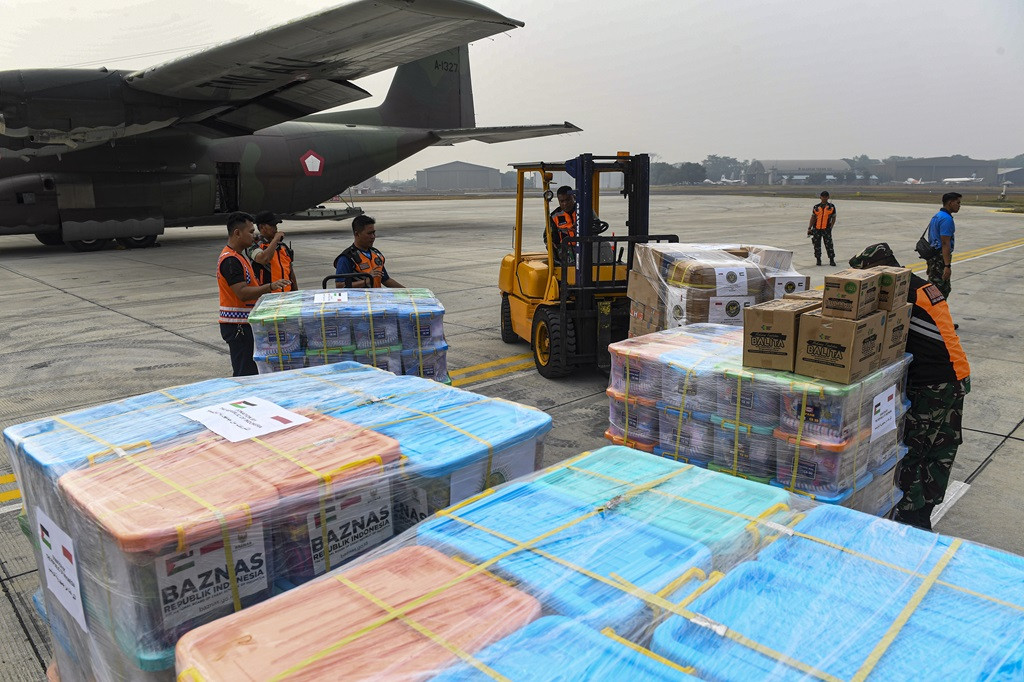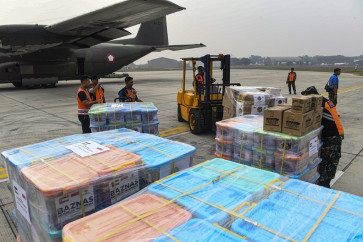Popular Reads
Top Results
Can't find what you're looking for?
View all search resultsPopular Reads
Top Results
Can't find what you're looking for?
View all search resultsThe significance of synchronizing foreign and defense policies
The complexity of the security environment in which Indonesia operates necessitates the establishment of high-level, regular channels of coordination between foreign and defense establishments.
Change text size
Gift Premium Articles
to Anyone
U
nder President Prabowo Subianto, Indonesia appears poised to enter a new phase of international engagement. A shift in the country’s international approach is anticipated, with many believing that Indonesia will adopt a more proactive stance and less business-oriented nature in its foreign policy.
In the realm of international relations, it is imperative for Indonesia to ensure that its foreign and defense policies mutually reinforce each other. The government can no longer afford to maintain a discordant position on significant global events, hence a strong correlation between foreign and defense establishments is essential.
Divergent perspectives within these sectors have rendered Indonesia’s international position increasingly awkward.
Prabowo’s proposal in 2023 at the Shangri-La Dialogue in Singapore regarding the Russia-Ukraine conflict caught Indonesian diplomats by surprise, highlighting the differing viewpoints between the diplomatic and defense policy circles.
At that time, as defense minister, Prabowo proposed a five-point initiative to end the Ukraine war, which included a ceasefire, the establishment of a demilitarized buffer zone and a referendum under the United Nations auspices in the disputed territories. Such a proposal ran counter to the UN, to which Indonesia officially subscribes, that Moscow should withdraw its military forces unconditionally.
Scholars, especially from the West, have underscored the importance of a robust linkage between foreign and defense policies. In his seminal work, Diplomacy, Henry Kissinger posits that the integration of foreign and defense policies reflects a cohesive strategy to advance national interests. As a proponent of realism, he emphasizes that military strength is critical to underpinning diplomatic endeavors.
Barry Buzan, a noted scholar in security studies, argues in People, States, and Fear that issues traditionally regarded as foreign policy matters can evolve into security concerns, thereby influencing defense policy decisions.



















